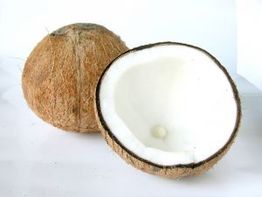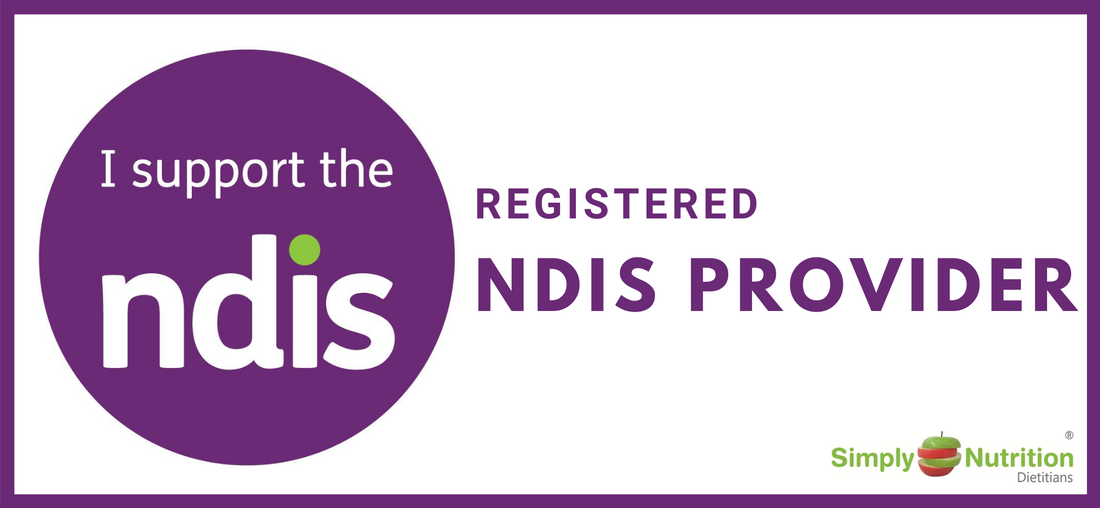|
There has been a lot of media coverage re: the Paleo Diet of late which has meant a larger number of individuals are starting to follow it in attempt to improve their health. Unfortunately we have seen a handful of people in the last 2 months who have been following this diet and have had some adverse effects from it. Namely higher cholesterol results when previous readings were in the normal range prior to the diet, headaches and fatigue.
So with this in mind we wanted to do some Myth busting - What is the Paleo diet The Paleo diet is based on the diet of our Palaeolithic ancestors and focuses on only consuming foods that our ancestors consumed during this time. The diet is high in protein and fat and lower in carbohydrate– it allows people to consume fruits, vegetables, nuts, seeds, meat, poultry, seafood and eggs, while excluding dairy, grains, alcohol, processed foods, refined sugar, potatoes and salt. The modern Paleo diet also promotes the use of coconut oil and butter, while recommending legumes be avoided. During this period, food choices also depended on availability which supports that the diet altered between region and season, and revealing there was no one specific Paleo diet. Risks of following the Paleo diet It is not recommended that individuals follow the Paleo diet as the exclusion of grains and dairy foods places people at risk of nutrient deficiencies and at risk of chronic diseases such as osteoporosis. By encouraging people to use saturated fats such as butter and coconut oil, the diet also places followers at an increased risk of heart disease. It is great that the diet encourages more fruits and vegetables and some unsaturated fats such as avocado and nuts and encourages the avoidance of processed and refined discretionary foods. The Australian Guide to Healthy Eating also recommends this. Followers of this diet claim that our current dietary guidelines are causing us to be overweight however the recent Australian Health Survey indicates Australian’s are eating less fruits and vegetables and greater than a third of our daily dietary calories come from foods high in saturated fat and refined sugars. In addition, research also suggests that grains were consumed at some stage during the Palaeolithic era despite the diet encouraging avoidance of them. Research has demonstrated the benefits of wholegrains for managing weight and also for the digestive tract. Research also discussed the importance of dairy for bone health. Summary
We hope this helps with your knowledge and if you need further advice Simply Nutrition Dietitians are able to help with understanding the risks of following the Paleo diet, and provide healthy, balanced nutritional recommendations instead. References Dietitians Association of Australia. Part 2: The modern paleo diet: What is it? Available from: http://daa.asn.au/for-the-public/smart-eating-for-you/nutrition-a-z/paleo-diet/part-2-the-modern-paleo-diet-what-is-it/ Dietitians Association of Australia. Part 1: The paleo diet: What is it? National Health and Medical Research Council. Australian Guide to Healthy Eating. Available from: http://www.eatforhealth.gov.au/guidelines/australian-guide-healthy-eating Osteoporosis Australia. Calcium, vitamin D and osteoporosis.
0 Comments
 Coconut Oil -Myths & Facts Coconut Oil -Myths & Facts Coconut oil is an edible oil extracted from the kernel (meat) of matured coconuts harvested from the coconut palm. Coconut oil is made up of both saturated fat (bad fats) as well as medium chain triglycerides. By consuming large amounts of saturated fat, this can put your body at risk of clogged arteries or a heart attack. In today’s society, coconut oil has become a very hot topic, however a lot of the information provided is not evidence based and is very misleading. Here are some myth busters for coconut oil! Remember : We are always skeptical when buying a vehicle from a used car salesman or a house from a real estate agent! Why not take the same approach when buying and consuming food. There’s a lot of false and misleading information out there from the people that market and sell these products.
Therefore, from this, it is evident that the negatives of coconut oil greatly outweigh any possible benefits. It is important to keep in mind, coconut oil is an important cash crop for India, the Philippines and Indonesia and unfortunately, in today’s society, wealth is often placed before health. Any information, from any human being can be presented on the Internet, however it is important to make sure it is quality evidence and from a reliable source. If you are unsure, always speak to your Dietitian or Doctor before commencing any diet strategies that have conflicting evidence. In conclusion, coconut oil should not be used more than once per month or if possible, completely avoided. References:
Hu, FB., Stampfer, MJ., Manson, JE., Ascherio, A., Colditz, GA., Speizer, FE., Hennekens, CH., & Willett, WC. (1999). Dietary saturated fats and their food sources in relation to the risk of coronary heart disease in women. American Journal of Clinical Nutrition, 70(6): 1001-8. Kabagambe, EK., Baylin, A., Siles, X., & Campos, H. (2003). Individual saturated fatty acids and nonfatal acute myocardial infarction in Costa Rica. European Journal of Clinical Nutrition, 57(11): 1447-57. Updated by Danielle McLaughlin |
Categories
All
Archives
October 2017
|
Ph: 1300 380 694 |
Fx: 07 3547 8449 |
Copyright © 2010-2024 - Simply Health Group t/a Simply Nutrition Dietitians & Simply Engage Occupational Therapy
Sunshine Coast | Caboolture | Brisbane | Gympie | Ipswich | Australia
Sunshine Coast | Caboolture | Brisbane | Gympie | Ipswich | Australia

 RSS Feed
RSS Feed
